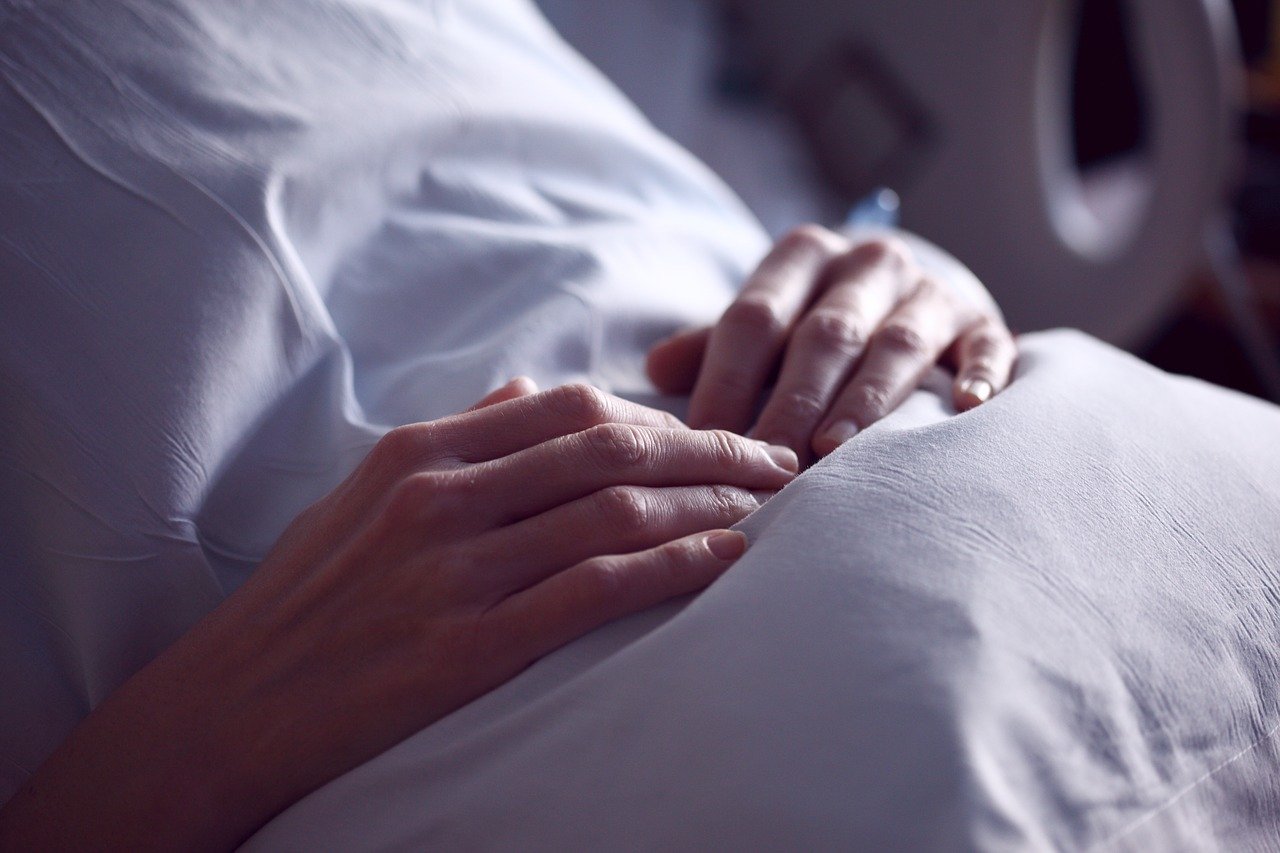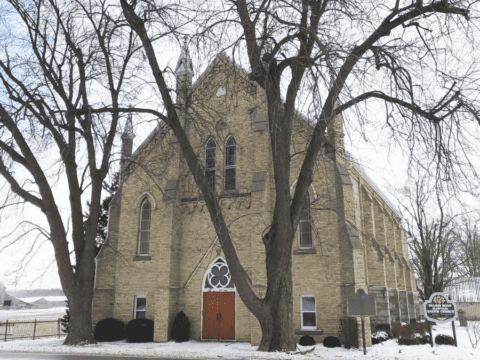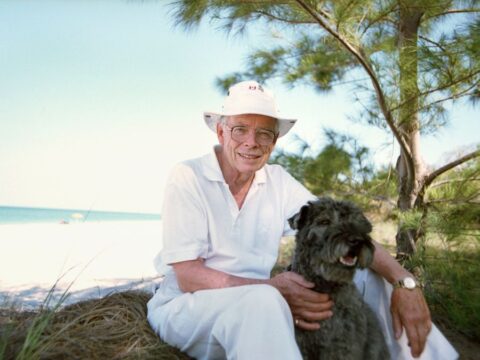The United Church of Canada General Council Executive agreed this week to update the church’s statement on medical assistance in dying (MAID) to, in part, declare an opposition to advance directives.
The Executive accepted recommendations from the Theology and Inter-Church Inter-Faith Committee that emphasize principles of free and informed choice. It also called on the Canadian government not to permit advance directives for MAID by people whose conditions will eventually take away their power for informed consent, or add mental illness to the allowable categories for MAID. It also appealed to the government to maintain the criterion of “foreseeable death” and stated its support for mature minors to request MAID, but that those situations be judged on a case-by-case basis.
You may unsubscribe from any of our newsletters at any time.
The original MAID statement was released in 2017 in response to Canadian legislation that was first drafted in 2015. The new recommendations were brought forward this week in response to the upcoming five-year parliamentary review of the MAID bill, which will likely take place in September.
Broadview spoke with Rev. Daniel Hayward, the chair of the church’s Theology and Inter-Church Inter-Faith Committee, which brought the updates to the Executive. He explained that a number of them were meant to advocate for the disabled community.
More on Broadview: Will Canada let Ron Posno die on his terms?
“The language in the report stands in opposition to the expansion of MAID, which crafts a process that treats the life of one group of people, disabled people, as not worth living,” Hayward says. He also notes that virtually every organization in Canada representing disabled people opposes advance directives.
In addition, advance directives assume that people who are no longer capable of communicating their wishes will not change their mind, once they’ve committed themselves.
“We don’t actually know very much about what that mental capacity is like,” Hayward says. “And we don’t know if people may actually change their mind during that time, and be unable to communicate it.”
In the case of the “foreseeable death” criterion, Hayward says he thinks it’s important to remove directives in a MAID bill that would not require disabled people to be at the end of their life. He believes it sends a message that the suffering of people with disabilities is valued differently from other groups in society, that disabled people have no hope, and they are expendable.
Finally, he wants to be clear that, “the fact that the statement opposes advance directives does not mean that the United Church communities of faith would not work closely with families or individuals who were contemplating that,” he says. “We emphasize the need for the right range of choices to be available.”
Broadview is an award-winning progressive Christian magazine, featuring stories about spirituality, justice and ethical living. For more of our content, subscribe to the magazine today.














The Arrogance is hard to fathom. Not all members of “The disabled” community agree with the opinions expressed in your column. Your patronizing pat on the head attitude is hard to comprehend.
I am beyond disappointed to read this statement from our denomination. My father was a man who suffered from dementia. He knew things would only get worse for him so, two years ago, in a moment of lucidity, he decided to end his own life. Because of his dementia, MAID was not an option for him. I believe that having the opportunity to pre-plan and share his wishes would have saved my Mom and I a world of grief. It would have given us the chance to say goodbye. It would have saved my Mom from the agony of coming home from a church event and finding him dead – what a terrible last memory to have of him. Since losing my Dad to suicide, I have come to realize that I will do whatever it takes to prevent other families from having to go through what my Mom and I went through. One of the many ways this can happen is by allowing people with dementia and other similar diseases to make advance directives around dying with dignity. To know that this stance is not supported by my church is deeply disappointing.
The UCC has crossed the line, and now wants to “redefine” the line. This is a problem when you have a “black and white” issue, and try to make it grey. Both sides of the argument have become obscured and no one will be happy.
I don’t understand how saying no to advance directives “emphasize principles of free and informed choice”.
So, removing the option of advance directives to address people losing capacity to communicate a change of mind means removing that advance directive period? Is denying everyone a voice really the best way to address this?
If the national church has taken this stance of course it’s going to affect local conversations. If someone considering an advance directive (a major part of any MAID conversation) asks a chaplain, minister, or pastoral care team member what the United Church’s position is, and they have to say in good conscience, “well… actually…” do we think that conversation is really going to be as open and non biased now as it was before?
We’re one of the very few religious traditions open to talking without prejudice about MAID. Most churches have policies against it. I respect that there some groups and some people with disabilities opposed to advance directives. I hope there is some way of taking that seriously and communicating honestly without closing a major door to all. I think as a church we must hold space for that.
This is such a self serving, short sighted, and callous decision on the part of the United Church of Canada. The issue is about compassion and choice, It is every Canadian citizen’s right to make the decision that is best for them.
I support MAID, so I am disheartened and discouraged by this decision. For the UCC to urge Canada to use its coercive state power to deny the compassionate care of MAID to someone who signed an advanced directive and is now no longer able to communicate due to dementia or another condition is not worthy of a denomination that is supposed to stand with the poor and the oppressed. We are called to uphold the inner Christ (a radical and distributed democratic sovereignty) and not the power of worldly “thrones” whether they be in Ottawa, London, or Rome.
My only response – how is someone who cannot make a clear and concise decision “poor or oppressed”?
The ruling of the Supreme Court that requires a rewriting of the laws on MAID are specifically the result of the denial of advance directives.
I, personally, was glad to see this ruling and am hopeful that the rewritten law will allow for advance directives by people of clear mind at the time they author such directives.
Also, I am somewhat horrified that the “powers that be” in the United Church of Canada (My church) would argue against allowing advance directives. This, to me, suggests that those involved weren’t thinking in terms of Christian love and compassion for those in the throes of extreme suffering or expectation of such.
Shame, shame, shame for taking such a stance.